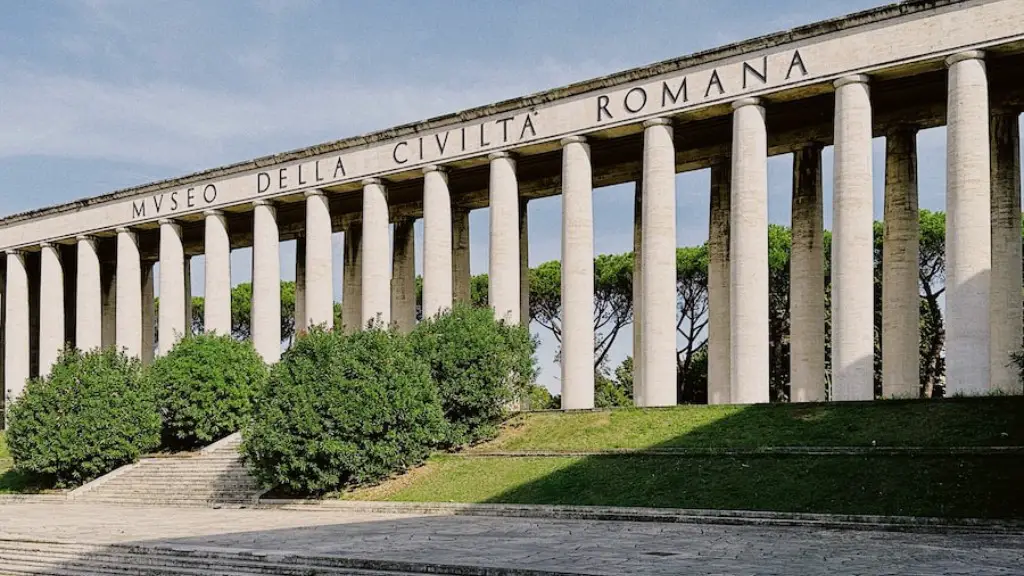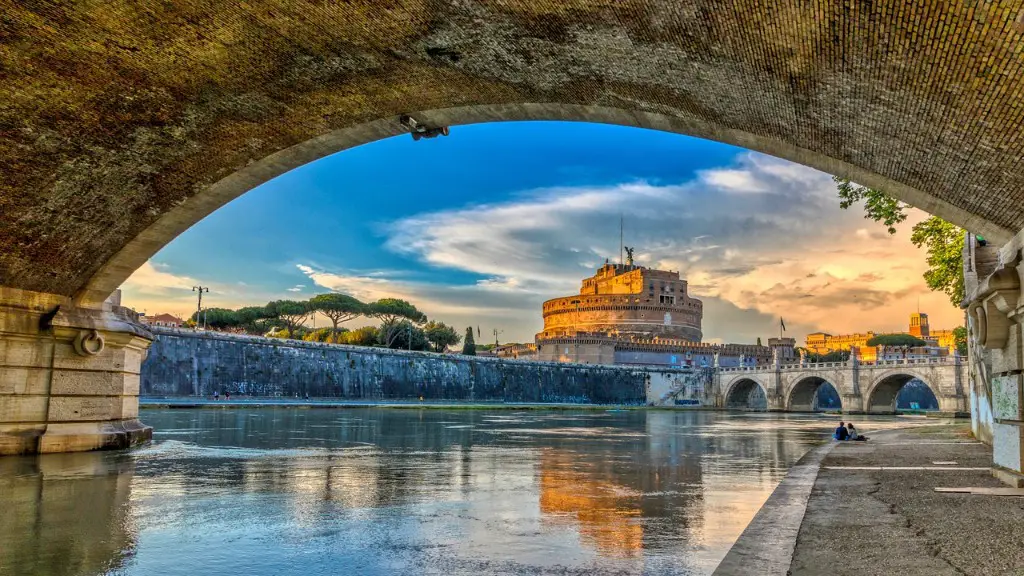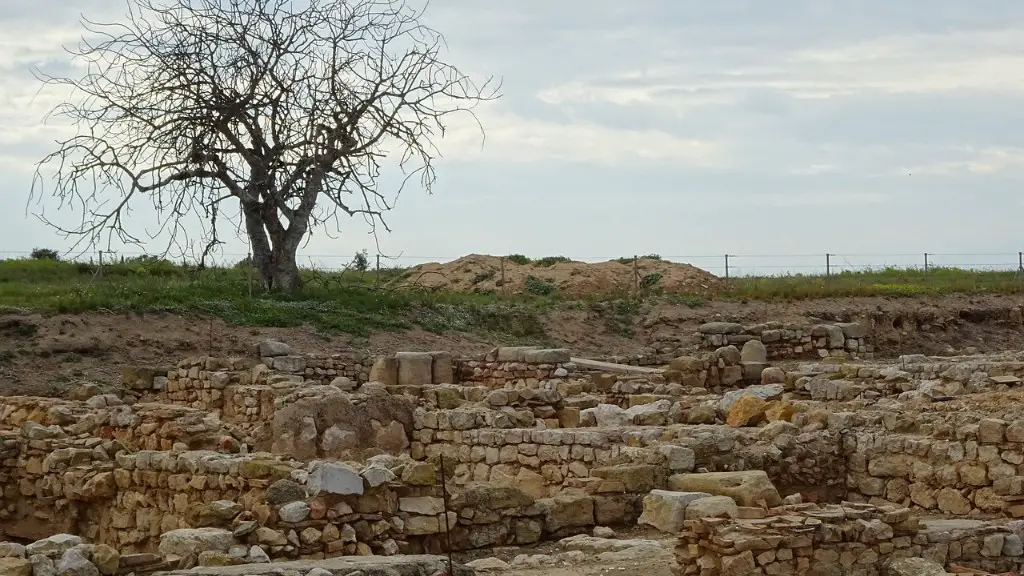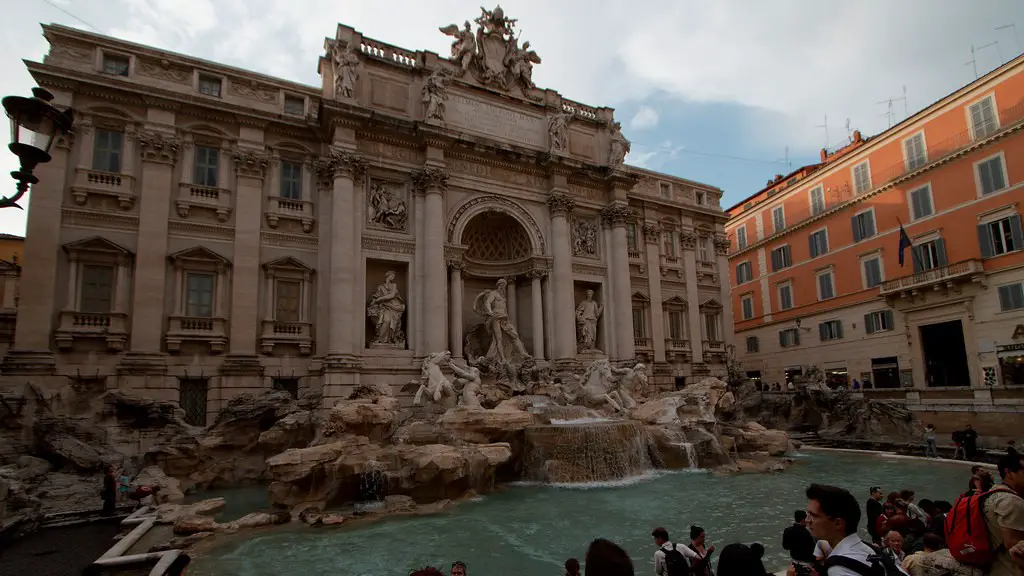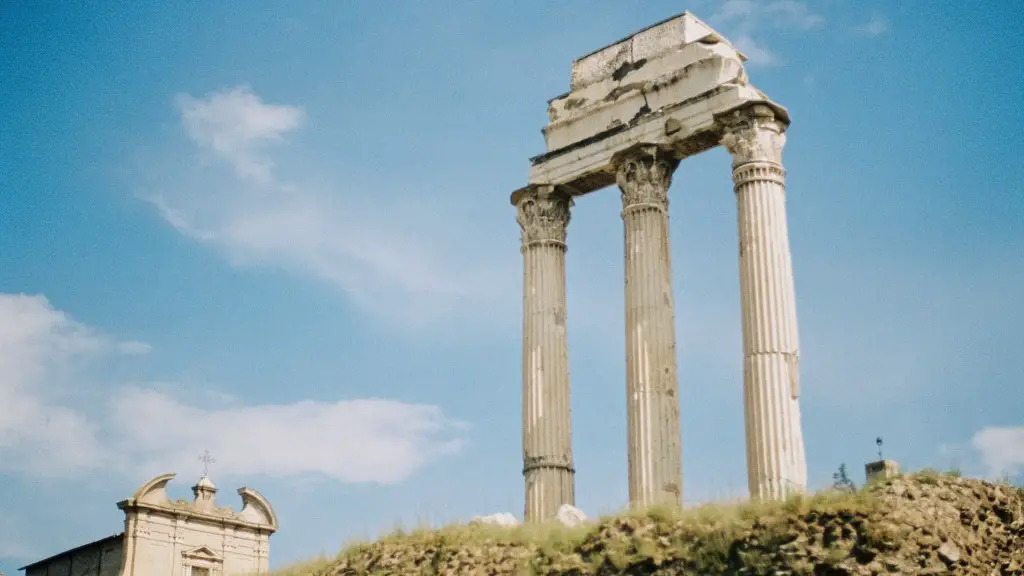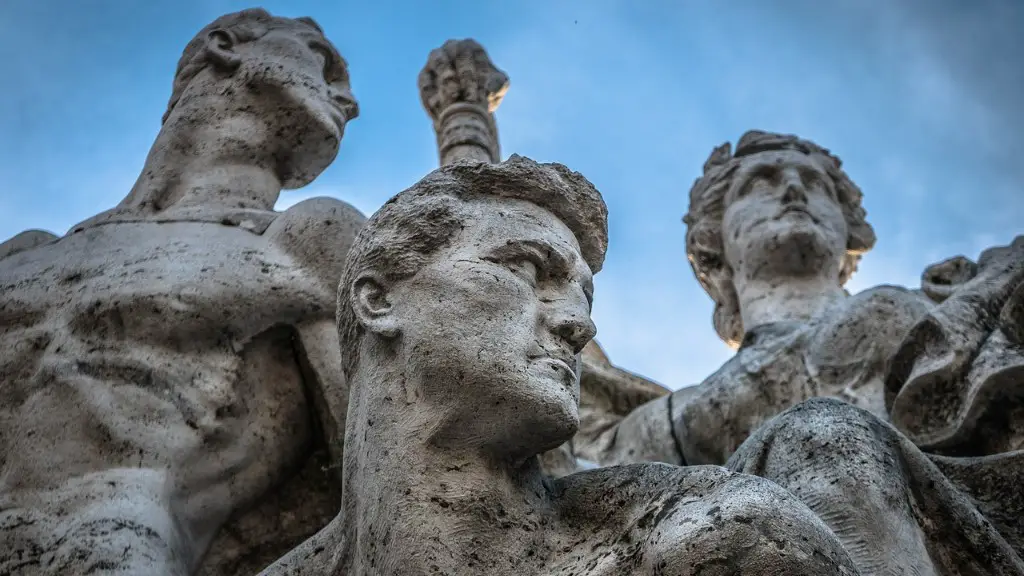School System in Ancient Rome
Education in ancient Rome was largely based on the concept of a familial education system, meaning that families sent their children to private tutors for instruction. Even the wealthy, who had access to public schools in Rome, often sent their children to private tutors for supplementary lessons. Ancient Roman schools shared certain similarities with schools in modern-day society including classrooms, instructors, and pedagogy.
In the Roman Empire, schools consisted of small groups of students, usually grouped by age and gender. Each school consisted of a single teacher “magister” and classes met in the homes of the students or in temples and other public spaces. The courses taught in these schools ranged from basic numeracy, literacy, and religious studies to more expansive areas like grammar, rhetoric, and philosophy.
These schools were largely the preserve of the elite families of Rome, however, and most of the population had not the opportunity to attend. The lower classes, the poor, and slaves had limited access to formal education, although their children might still have learned a few basic words. In some cases, slaves were even able to attend school and gain an education, though more often as an individual investment by their owner than as part of any organized system.
During this period, education was a privilege of the wealthy and few of the lower classes ever received anything other than rudimentary education. Nonetheless, many of the freed slaves and newly established lower classes sent their children to elementary schools in an effort to improve their skills and their chances of getting into Roman society. These schools served an important role in preparing the youth for their roles within society and provided a basic foundation for their future lives.
Despite these obstacles, the Roman Empire was still able to achieve advanced levels of education, particularly towards the end of its life. The final Romans had access to a range of expert teachers who were able to teach such subjects as law and philosophy. With the rise of Christianity, Roman education also embraced religious elements, particularly preparing students for a life of service, although this generally remained a pursuit of the upper classes who could afford the expense.
Societal Influence
Roman society valued education and the importance placed on gaining knowledge and skills. Despite being a largely agrarian society, Rome was able to embrace the importance of education and create a system that was both effective and, importantly, widely accessible. Education was seen as a path to social mobility, providing a route to a career and a comfortable life, regardless of background.
Education in ancient Rome also inspired innovation. The innovative methods of Roman teachers, evidenced in the writings of Cicero and Seneca as well as many others,helped create and develop the modern system of schooling we have today. This includes early examples of teaching methods such as lectures and discussion forums as well as the use of case studies and assignments to develop problem-solving skills.
More broadly, the Romans established a level of communal and individual responsibility for education, including the establishment of schools for all children, regardless of social standing, and the encouragement of independent learning, even among those with limited resources. This focus on education, from both a practical and philosophical perspective, allowed the Roman Empire to innovate and grow, with education being seen by many as the fundamental building block of the entire society.
Rise of Private Schools
Throughout the Imperial period, private schools catering to the rich families of Rome became increasingly popular. These schools were heavily funded by the rich families, who used them as a way to secure their social standing. This allowed them to circumvent the restrictions imposed by the state and provided the wealthy elite with a degree of control over the content and style of the school curriculum.
These private schools often used rhetoric and grammar as their primary subjects, as well as literature and music. Such schools also provided a forum for children of wealthy backgrounds to accumulate knowledge, experiences, and contacts that would help them to gain a foot on the ladder of Roman society.
Private schools were also used to propagate political and religious aims. School curriculum could be tailored to reflect the personal beliefs of the wealthy family, with the school’s pupils being used as proxies for the family’s agenda. As a result, these schools often became hotbeds of political debate and religious controversy.
Modern Consequences
Today, the legacy of Roman education can still be seen. Modern education systems have adopted some of the same pedagogical practices used in Ancient Rome such as lectures, discussion forums, and case studies. In addition, school funding remains largely in the control of elites, often resulting in substantially varied funding levels between rich and poor schools.
Moreover, the emphasis on social mobility in Roman education has been adopted throughout Europe and beyond. Education is seen as a route to success, with individuals able to pursue the career of their choice regardless of social or financial background.
Contribution to History
The education system in Ancient Rome may have had its flaws, but its lasting legacy on education can still be seen today. The emphasis on education as a tool for social mobility and the encouragement of learning, both in the upper and lower classes, left a lasting impact on the development of education beyond the Roman Empire.
By establishing an innovative system of education and pedagogy, the Roman Empire was able to create a society more knowledgeable and more engaged in their own learning. Through this system, the Romans were able to lay the foundations for the educational achievements we enjoy today.
Educational Repercussions
The educational practices of the Roman Empire have had a lasting impact on modern society. These practices have been adapted and redeveloped over the centuries by different cultures, leading to the establishment of a universal core curriculum in many countries today. This has enabled a more streamlined approach to education and has allowed for greater opportunities for all students regardless of their background or financial circumstances.
Furthermore, the concept of a “family-based” education system has been adopted in many of the world’s major educational systems as an effort to combat the monotony of school and to focus on the unique needs and abilities of individual students. Roman education has also laid the foundations for the modern college and university systems that are established in many countries around the world.
Inspiration for Learning and Growth
The Ancient Roman education system is still a source of inspiration today. The concept of learning not only for the purpose of passing examinations, but also for the purpose of personal enrichment and development is a core part of the Ancient Roman philosophy and has been embraced by many modern educational systems.
The Ancient Roman educational system has also been used as a model for how to structure a educational system, with many countries having taken on aspects of the Roman system. Today, many of the world’s oldest and most successful educational systems are still based on the philosophies and practices of Ancient Rome.
Revolutionizing Education
The Ancient Roman education system has had a profound impact on the development of education in the modern era. The emphasis on social mobility and innovation has enabled individuals to pursue the career of their choice and has led to the development of a more egalitarian educational system. Furthermore, the practices of Ancient Rome are still used as a model for how to structure and run an educational system.
The legacy of Ancient Rome is a lasting one and its influence can still be seen in the education we experience in the modern world. The Ancient Roman education system revolutionized how we think of education and how we learn, and its legacy will continue to be felt throughout the world.
